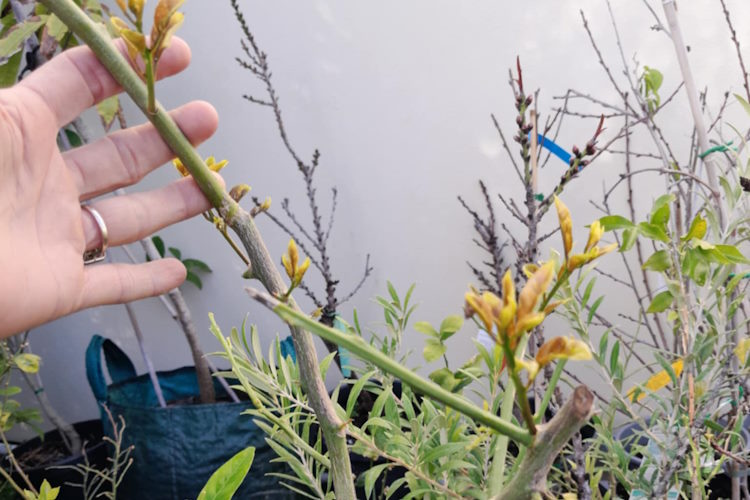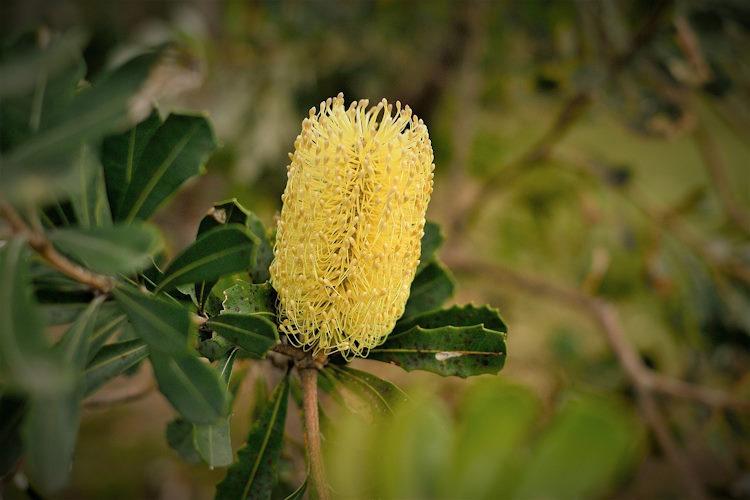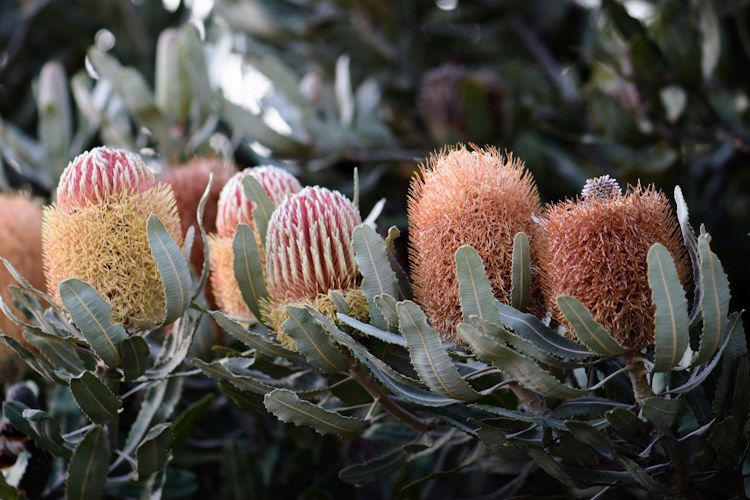The best gardening season of the year- Spring,… is nearly upon us …… are you ready…..?
A great time of year to get your garden started, GROW YOUR OWN EDIBLE GARDEN.
Welcome Green Thumbs to our August Newsletter, sorry we have been a bit quite, we have been blessed with a wonderous wave of work from all areas of the Community.
To kick the month off, we are delving into a pesky problem many of us face: Scale insects. These tiny pests can wreak havoc on our beloved plants if not addressed promptly.
Let’s explore the different types of Scale, the trees they affect, their impact on vegetable gardens, and some effective natural remedies to keep them at bay.
Types of Scale
There are two categories of scales — ‘soft’ and ‘armoured’ — and they can take various shapes. Most soft scales belong to the Coccidae while the armoured scales belong to the Diaspididae. In Australia, citrus red scale is probably the most important of the scale insects considered to be pests.
- Armoured Scale: These scales have a hard, protective covering and are often smaller in size. Common types include Red Scale and San Jose Scale.
- Soft Scale: These scales have a soft, waxy covering and tend to be larger. Examples include Black Scale and Cottony Cushion Scale.
Trees Affected by Scale
- Scale insects aren’t picky eaters and can infest a wide range of trees. In Perth, some of the most commonly affected trees include:
- Citrus Trees: Citrus Scale and Red Scale are notorious for infesting citrus trees, causing yellowing leaves and reduced fruit yield.
- Ornamental Trees: Scale insects like Black Scale can infest ornamental trees such as olive, fig, and various species of Eucalyptus.
- Fruit Trees: In addition to citrus, fruit trees like peach, pear, and apple can also fall victim to these pests.
Impact on Vegetable Gardens
While Scale insects predominantly target trees and shrubs, they can occasionally move to vegetable plants, especially if these are close to heavily infested trees. The impact includes:
- Stunted Growth: Scale insects feed on plant sap, depriving vegetables of essential nutrients, leading to stunted growth.
- Sooty Mold: Soft scales excrete honeydew, a sticky substance that promotes the growth of sooty mold, which can cover leaves and impede photosynthesis.
- Weak Plants: Infested plants become weak and more susceptible to other pests and diseases.
Natural Remedies for Scale
Here are some effective natural remedies to keep your garden healthy:
Dislodging with a Soft Cotton Glove: Gently rubbing the affected areas with a soft cotton glove can physically remove the scale insects. This method works best for small infestations and is an excellent way to provide immediate relief to your plants.
Neem Oil Spray: Neem oil is a powerful natural insecticide that can effectively control scale populations. Here’s a simple recipe for a Neem oil spray:
Ingredients: 2 teaspoons of Neem oil, 1 teaspoon of liquid soap (non-detergent), and 1 liter of water.
Instructions: Mix the Neem oil and soap in water, and pour the solution into a spray bottle. Thoroughly spray the affected plants, ensuring you cover both the tops and undersides of the leaves. Repeat every 7-14 days until the infestation is under control.
Preventive Measures
In addition to treating existing infestations, it’s crucial to adopt preventive measures to keep Scale at bay:
- Regular Inspections: Regularly inspect your plants for early signs of Scale and other pests. Early detection is key to effective control.
- Encourage Beneficial Insects: Natural predators like ladybugs and parasitic wasps can help keep Scale populations in check. Planting flowers that attract these beneficial insects can boost your garden’s natural defenses.
- Maintain Plant Health: Healthy plants are less susceptible to infestations. Ensure your plants receive adequate water, nutrients, and care to keep them robust and resilient.
Dealing with Scale insects can be a challenge, but with the right knowledge and natural remedies, you can protect your garden and enjoy thriving plants. Regular monitoring and timely interventions will keep these pests in check, ensuring your garden remains a vibrant and productive space.

Now let’s tackle those pesky Aphids
These tiny insects can cause significant damage to your vegetable garden if not managed properly. Let’s explore how aphids affect your garden and share some natural remedies to keep them at bay.
Understanding Aphids
Aphids, also known as plant lice, are small, soft-bodied insects that come in various colors, including green, black, yellow, and pink. They typically congregate on the undersides of leaves, stems, and even roots, feeding on plant sap. Aphids reproduce rapidly, and a single aphid can produce dozens of offspring in just a few weeks.
How Aphids Affect a Vegetable Garden
Aphids can wreak havoc on your vegetable garden in several ways:
- Stunted Growth: Aphids feed on plant sap, depriving plants of essential nutrients. This can lead to stunted growth and reduced vigor.
- Distorted Leaves: The feeding activity of aphids often causes leaves to curl, wrinkle, or yellow, affecting the plant’s ability to photosynthesize effectively.
- Sooty Mold: Aphids excrete a sticky substance called honeydew, which promotes the growth of sooty mold. This black fungus can cover leaves, further hindering photosynthesis.
- Transmission of Diseases: Aphids can transmit plant viruses as they move from one plant to another, spreading diseases that can be difficult to control.
Natural Remedies for Aphids
Here are some effective natural remedies to manage aphid populations:
- Dislodging with Water
A simple yet effective method to control aphids is by dislodging them with a strong jet of water. Here’s how:
Instructions:
Use a garden hose with a spray nozzle to blast the aphids off your plants. Focus on the undersides of leaves and stems where aphids congregate. Repeat this process every few days to keep aphid populations under control.
- White Oil Spray
White oil, also known as horticultural oil, is a natural insecticide that suffocates aphids and other soft-bodied insects. Here’s how to make and use a white oil spray:
Ingredients: 2 cups of any vegetable oil, 1/2 cup of liquid dish soap (non-detergent), and water.
Instructions:
Mix the vegetable oil and dish soap thoroughly to create a concentrate.
Dilute 2 tablespoons of the concentrate in 1 liter of water and pour the solution into a spray bottle.
Spray the affected plants, ensuring you cover both the tops and undersides of the leaves. Repeat every 7-14 days or as needed.
Additional Natural Remedies
Introduce Beneficial Insects: Ladybugs, lacewings, and predatory wasps are natural predators of aphids. Introducing these beneficial insects into your garden can help keep aphid populations in check.
- Neem Oil: Similar to white oil, neem oil is another effective natural insecticide. Mix 2 teaspoons of neem oil and 1 teaspoon of liquid soap in 1 liter of water and spray on affected plants.
- Companion Planting: Planting companion plants like marigolds, garlic, and chives can repel aphids and attract beneficial insects.
Preventive Measures
In addition to treating existing infestations, preventive measures can help keep aphids at bay:
- Regular Inspections: Frequently inspect your plants for early signs of aphids. Early detection is crucial for effective control.
- Maintain Plant Health: Healthy plants are less susceptible to pest infestations. Ensure your plants receive adequate water, nutrients, and care.
- Avoid Over-Fertilizing: Excessive nitrogen fertilization can promote rapid plant growth, which attracts aphids. Use balanced fertilizers and avoid over-fertilizing.
Aphids can be a persistent problem in the vegetable garden, but with these natural remedies and preventive measures, you can keep your plants healthy and thriving. Regular monitoring and timely interventions are key to managing aphid populations effectively. Happy gardening, and may your vegetables grow strong and pest-free!
Happy Gardening!






